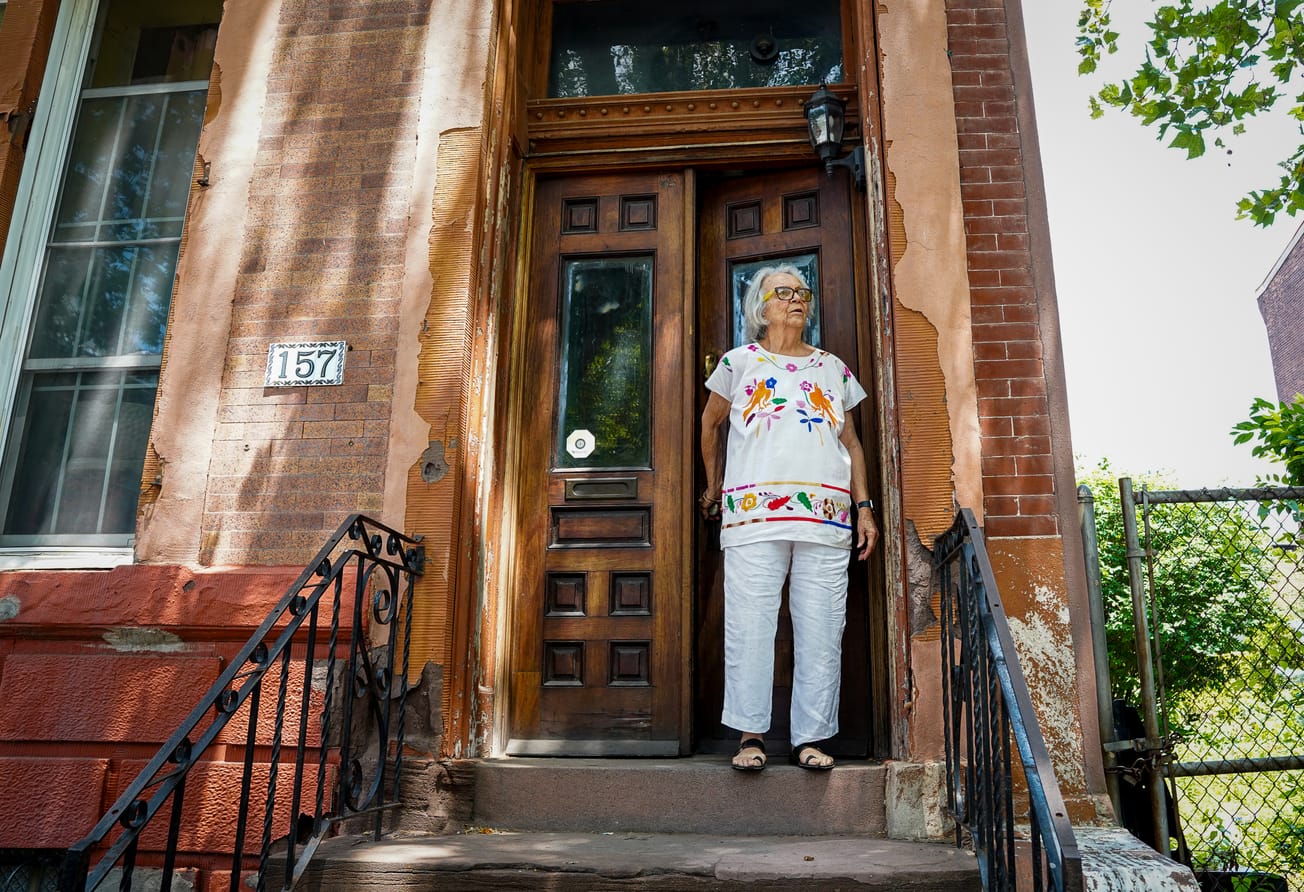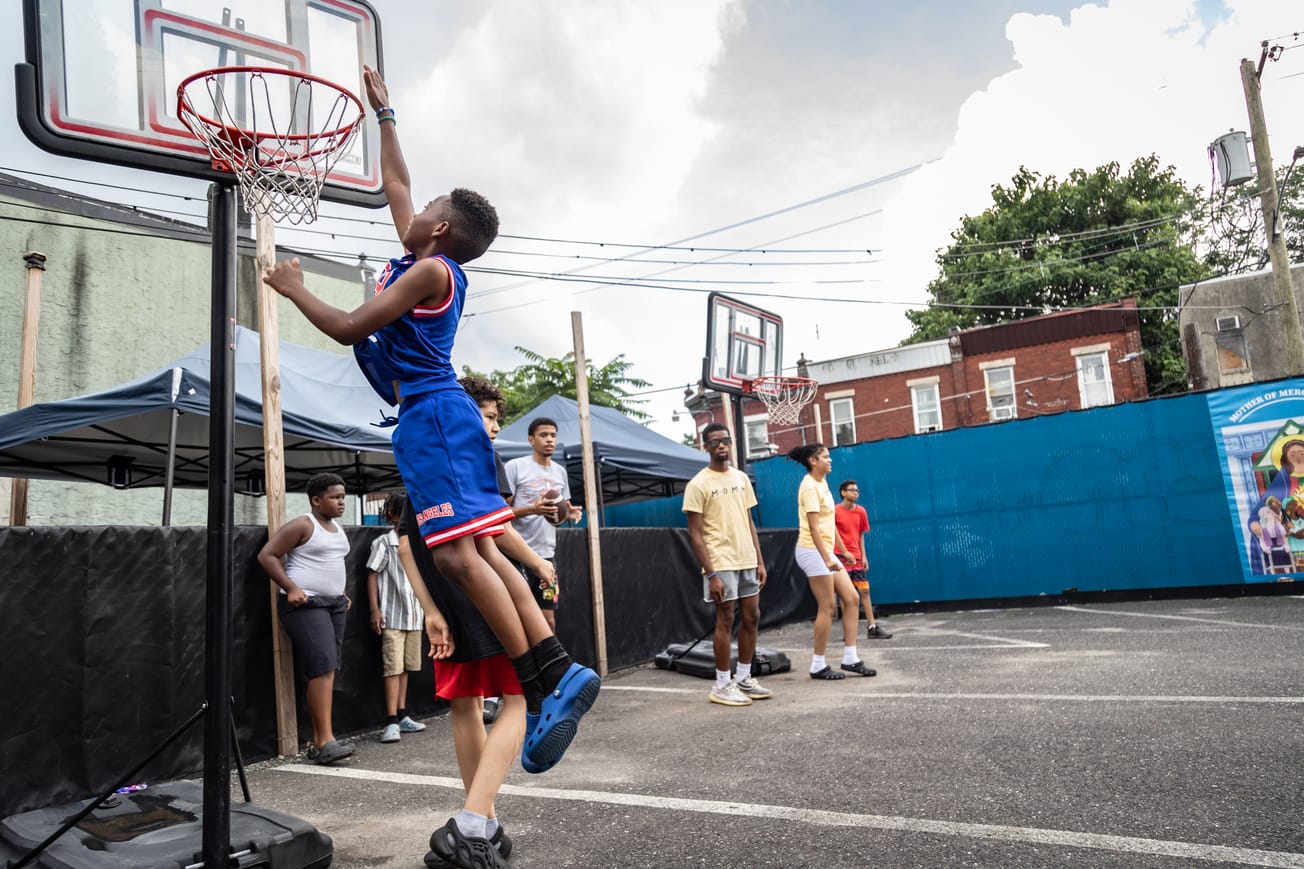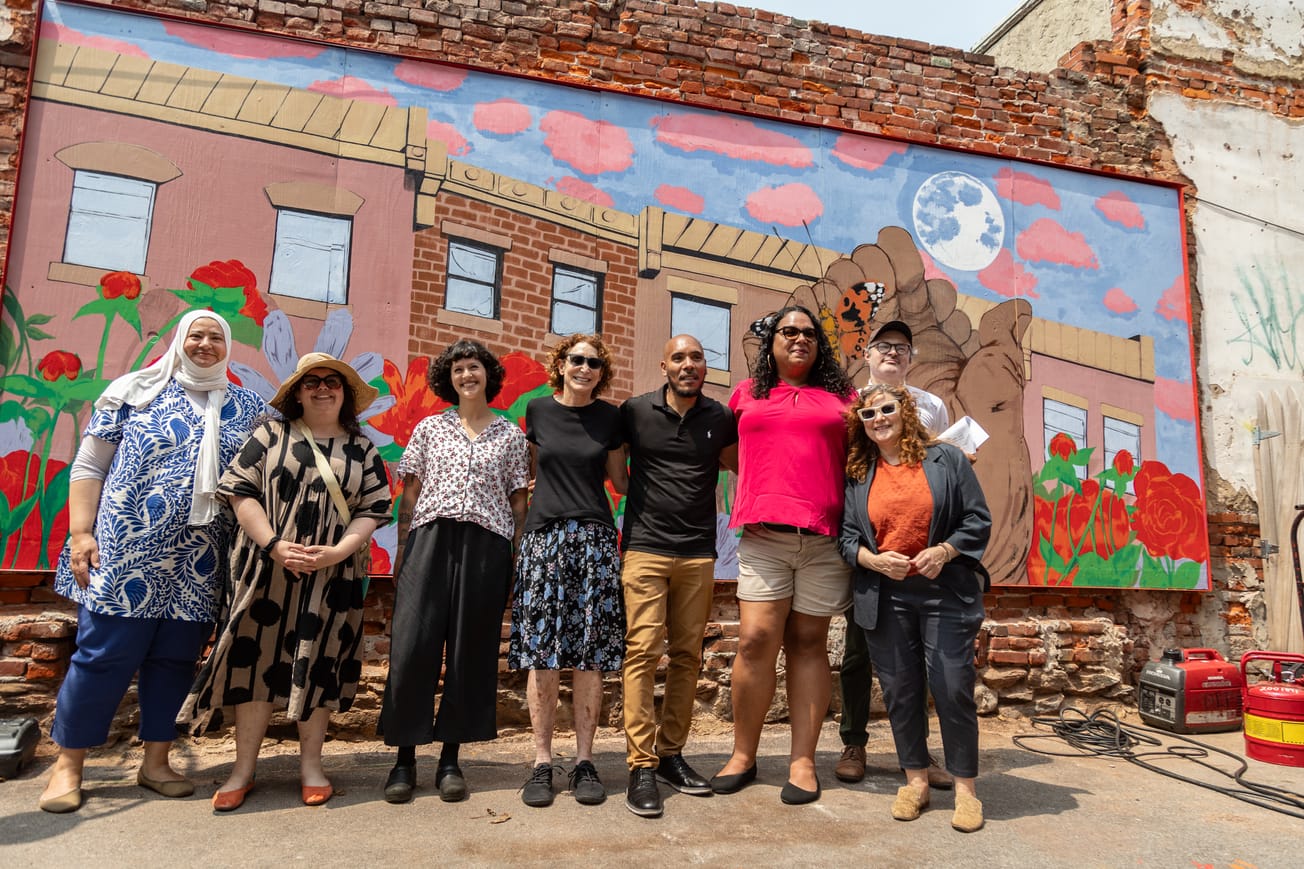Editor’s note: This article was originally published before City Council approved the budget on Thursday, June 25. The headline is updated to reflect that the budget has been passed.
The abrupt changes to the Philadelphia Cultural Fund (PCF) — from Mayor Jim Kenney completely defunding it to City Council bringing back about one-third of its usual budget — have left community organizations scrambling to figure out how their programming will survive next year.
PCF is an independent nonprofit — funded by the city — and its sole mission is to fund smaller sized organizations that run art, community, and cultural programs in Philadelphia. For the past six years, PCF has given out a total of more than $2.65 million in grants to nearly 350 local organizations each year, according to PCF’s Director, Barbara Silzle.
After changes to the city’s budget due to the global pandemic and the economic shutdown, PCF will have less than $1 million to give to their network of local organizations this upcoming fiscal year.
“First of all, we’re glad that [City] Council and the administration are restoring us to some extent,” Silzle said. “It’s certainly not $3.14 million so that gap of over $2 million is going to have an impact without a doubt, and that weighs heavily on my shoulders.”
Back-and-forth budgets
In Kenney’s original budget proposal, which was released in March, PCF was supposed to receive its usual operating budget of over $3 million. The proposed budget is for the 2021 fiscal year, which begins July 1, and decides how much money the city will spend.
However, the coronavirus pandemic has financially impacted Philadelphia for months. The city estimated in April that they could lose upwards of $647 million in tax revenue. In May, the Kenney administration responded with a revised budget to address the revenue shortage.
Kenney’s revised budget completely eliminated funding for the Office of Arts, Culture and the Creative Economy, which houses PCF and other arts programming. In doing so, he increased the police department’s budget by $19 million, while also decreasing funding for several programs, including the Housing Trust Fund.
In June, the city experienced more than two weeks of protests against police violence and anti-Black racism, putting pressure on city officials. Additionally, the city realized the tax revenue shortage was actually $749 million — $100 million more than previously estimated. In response, City Council proposed a budget that would eliminate the police department’s $19 million increase and move an additional $14 million from police funding to the Mayor’s Office. The proposed budget would also give $1 million back to the Cultural Fund and other programs.
If City Council’s proposed budget is approved by Mayor Kenney before the July 1 deadline, the Cultural Fund’s budget will drastically shrink compared to previous years — decreasing the operational budgets of organizations across the city.
“These groups, as we do, stretch our dollars to the nth degree; we do the most that we can with the resources that we have. However, they don’t have access to other sources of funding,” said Dr. Carmen Febo-San Miguel, executive director of Taller Puertorriqueño, a community-based cultural organization near the Fairhill neighborhood.
“Not having this support may mean that many of these groups are not going to be able to be here next year,” she added.
As communities wait for Mayor Kenney’s final approval on the budget, PCF board members will determine to what extent they can operate the Cultural Fund in 2021 with $1 million and where they can turn to for community fundraising and additional funders, according to Silzle.
“We of course want to figure out if we can supplement that money some other way, like emergency fundraising,” Silzle said. “But we will not compete or take money from grantee organizations and the very organizations that we’re in business to support.”
“We care about these organizations who are doing everything to make Philly a place where people want to live, work and play,” she added.
‘For small organizations, each grant matters’
For the affected community organizations, operating without their usual PCF funds may harm the quality of their programming.
Known as the “Cultural Heart of Latino Philadelphia,” Taller Puertorriqueño uses PCF grants to continue that legacy. Since PCF grants will be a smaller amount next year, Taller will have less funds to expand programming for the community or buy enough supplies. Like other recipients of PCF’s annual grants, Taller provides community programming that promotes creativity, learning, and giving youth in the neighborhood a safe place to explore their interests.
“[The city values] culture and arts so minimally that it wasn’t a huge amount that was being dedicated to the fund already — and then it’s reduced to $1 million,” Febo-San Miguel said. “We understand the significant strain on these funds, but when you have activities that are so vital to the fabric of the city and a community, we need to support them.”
Taller Puertorriqueño will not receive their usual amount of funding from PCF next year, but according to Febo-San Miguel, the grassroots organizations that rely on PCF as a lifeline will be most impacted by the revised budget.

Gregory Wright, a co-chair of Norris Square Neighborhood Project (NSNP)’s board of directors, said that NSNP’s staff can’t rely on the Cultural Fund like they have in the past, and will be working to find additional funding for next year.
NSNP, a local arts and community gardens organization in Kensington, has been a regular recipient of PCF’s annual grants. Through those grants, NSNP is able to provide arts instruction to youth, enrich their agricultural apprenticeships with better supplies, and help cultivate their community gardens, like Las Parcelas.
Even with grants from the Philadelphia Cultural Fund, NSNP still experiences supply shortages — and now they’ll likely receive less than usual from PCF.
“If we look towards the Cultural Fund for the majority of our art supplies, then we’re going to be stuck in that same situation this year where we don’t know where we’re going to get our funding for the necessities for students to do their projects,” Wright said.

Advocates for community arts funding are asking City Councilmembers, and the Mayor who will approve it, to reconsider defunding PCF.
“For small organizations, each grant matters,” Wright said. “And if you’re going to remove this from us, imagine what happens if our students lose this place that they call their after school home.”
“So if funding is continuously cut, I just ask folks who are making decisions — where do you expect our youth to go?” he added.
Editors: Zari Tarazona, Claire Wolters, Erin Blewett / Designer: Henry Savage / Translator: N/A





